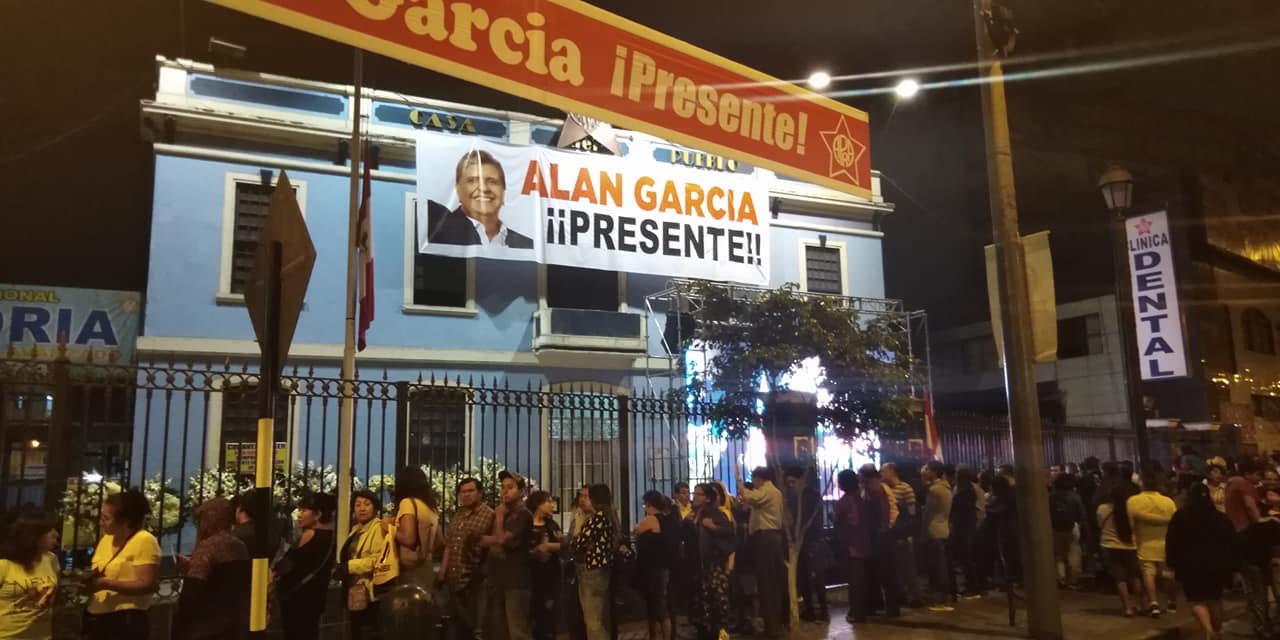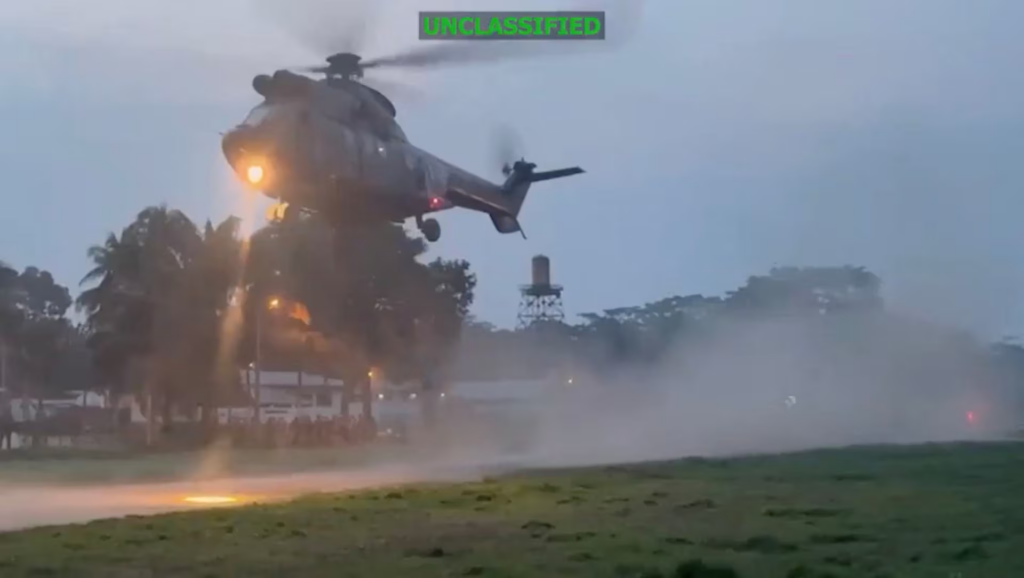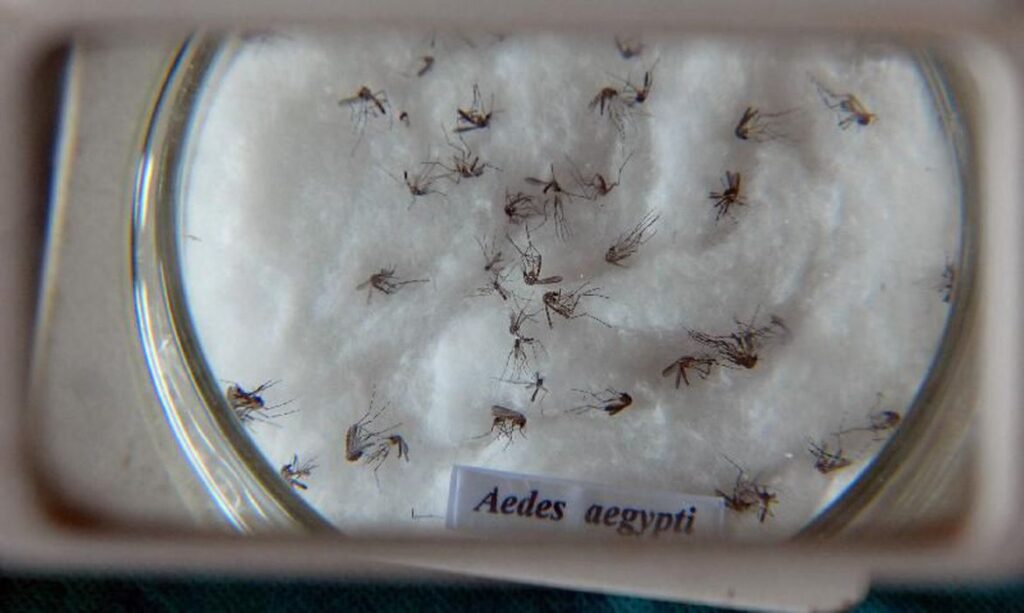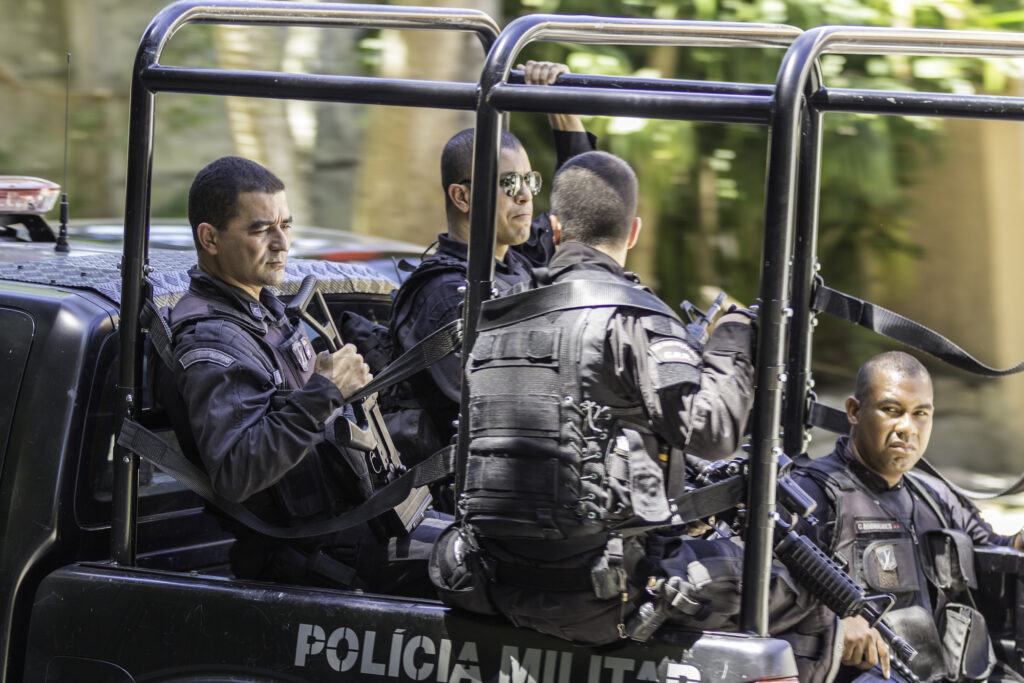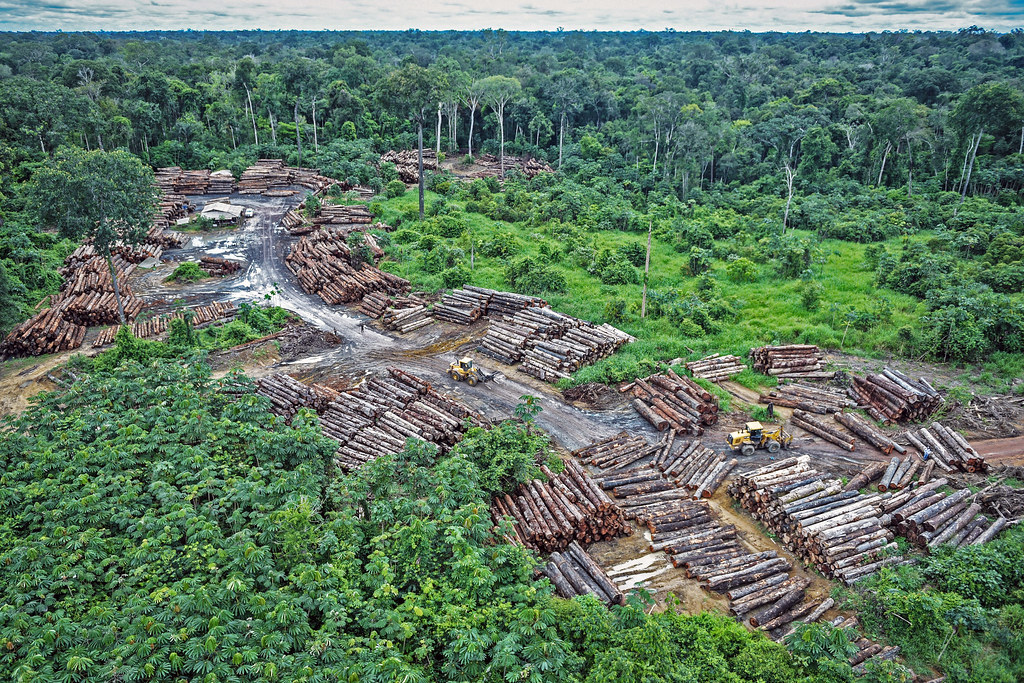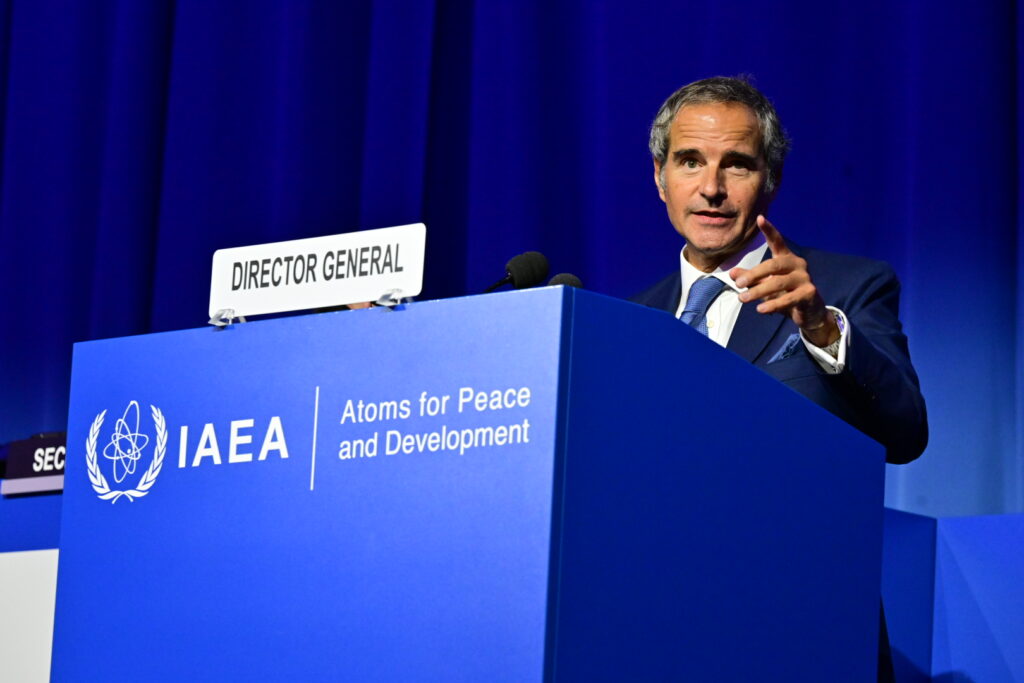Sixty-nine-year-old former Peruvian president Alan García committed suicide last week just hours after a warrant for his arrest was released. The allegations were of corruption.
García was accused of having received bribes from the Brazilian construction company Odebrecht, one of the most heavily implicated conglomerates in Operation Car Wash; the biggest corruption scandal to have characterized Latin America’s recent history.
He becomes Peru’s fourth former presidential leader to have been involved in the scandal, joining Pedro Pablo Kuczynski, Alejandro Toledo, Ollanta Humala, and the former presidential candidate Keiko Fujimori, daughter of ex-president Alberto Fujimori.
Outside of Peru, the corruption cobweb spans almost entirely across Latin America involving countries such as Argentina, Brazil, Peru, Ecuador, Colombia, Venezuela, Mexico, Panama, the Dominican Republic and Guatemala.
The former president García served two terms in office, the first from 1985 to 1990 – during which his economic policies sent the country into financial crisis – and the latter from 2006 until 2011; a period of economic recovery for Peru. It was during this second term that García was alleged to have received bribes from Odebrecht.
In a video produced by CNN, members of the public voiced thoughts about his death, giving a mix of opinions.
“I think it was the easy way out,” said one young male, who added, “what’s done is done.”
“He was very intelligent … so, he couldn’t end up in that situation because of his ego,” said a female interviewee, referring to the time García was potentially facing in prison.
“It was an act of cowardice,” said another Peruvian man. “He didn’t want to be judged by the courts.”
“If I know I’m innocent, I’m not going to commit suicide. I’m going to face justice, because I know I have a good chance of getting off,” a young male hypothesized.
However, García’s supporters and fellow Aprista party members have tended to argue just the opposite. Echoing the former president in claims of his innocence, they claim that García is a martyr for all politicians who have been unfairly arrested over claims of corruption.
Speaking to journalists on the day of García’s death, Aprista congressman Mauricio Mulder described the charges against him as a “fascist persecution” of the former leader.
Taking his own life was an “act of dignity and honour,” Mulder said, claiming that the former president had always been subject to permanent discrimination by those who wanted to use him as a “political trophy.”
An op-ed published by Peruvian daily El Comercio, on the other hand, claims that García’s supporters are creating a dangerous anti-government narrative, citing individuals such as congressman Jorge del Castillo, who has demanded that prosecutors should resign if García is found to be innocent.
At his funeral, García’s daughter, Luciana García Nores, read out the suicide note he had written before taking his own life.
“I have seen others paraded in handcuffs guarding their miserable existence, but Alan García does not have to suffer those injustices and circuses,” read the letter.
“For that reason, I leave my children the dignity of my decisions; to my colleagues, a sign of pride. And my corpse as a sign of my contempt towards my adversaries because I already fulfilled the mission that I set myself.
“May God, to whom I go with dignity, protect the good-hearted and the most humble.”
Meanwhile, according to the Santiago daily La Tercera, Peru’s ex-Odebrecht director Jorge Barata corroborated all of the charges against García. A recording of a private conversation between García’s lawyer and Barata has also begun to circulate on social media. In the audio, Barata can be heard saying that, “he [García] never asked me for anything.”


